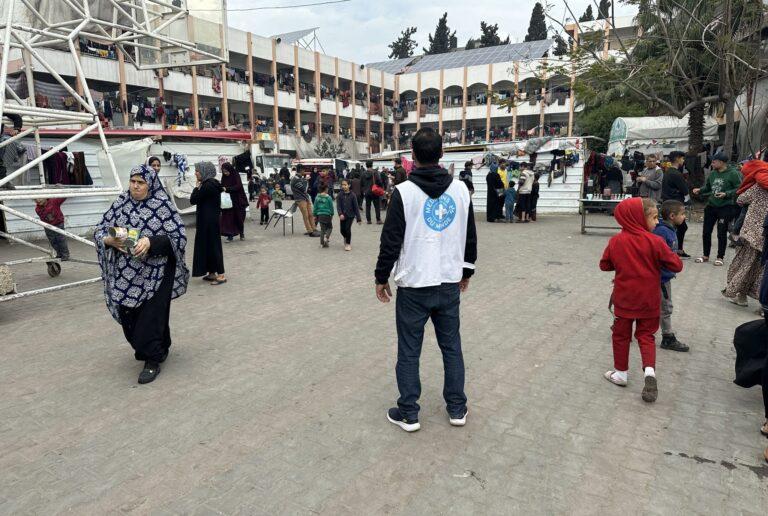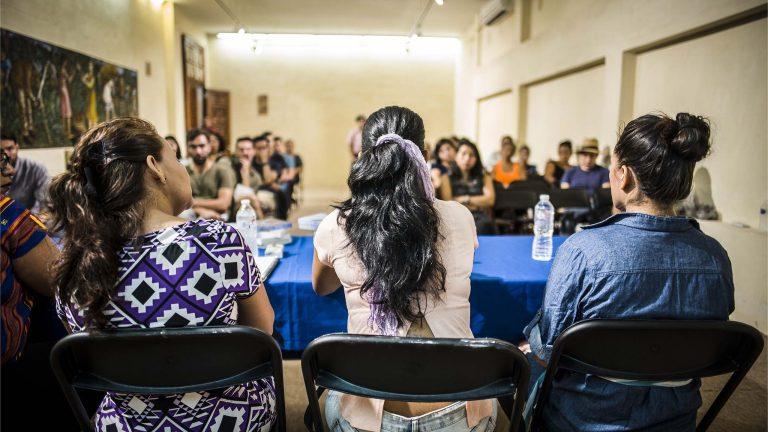Yemen: Médecins du Monde’s response to the humanitarian crises
2024-12-15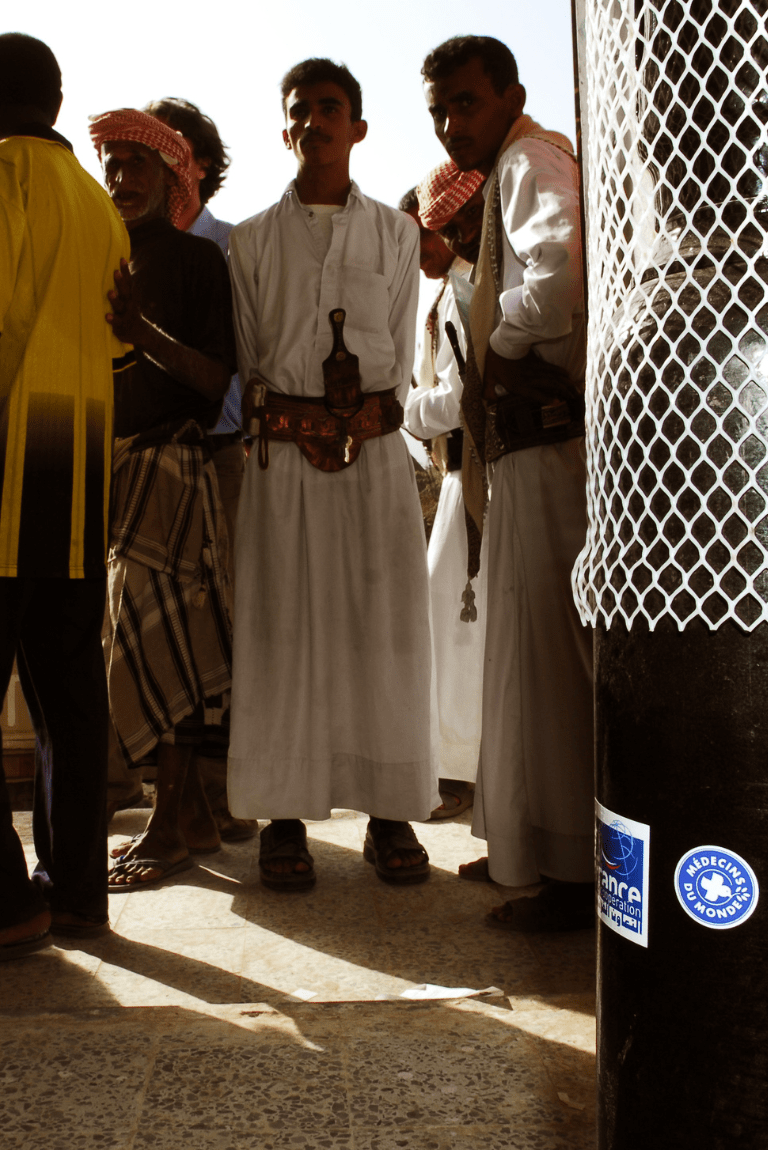
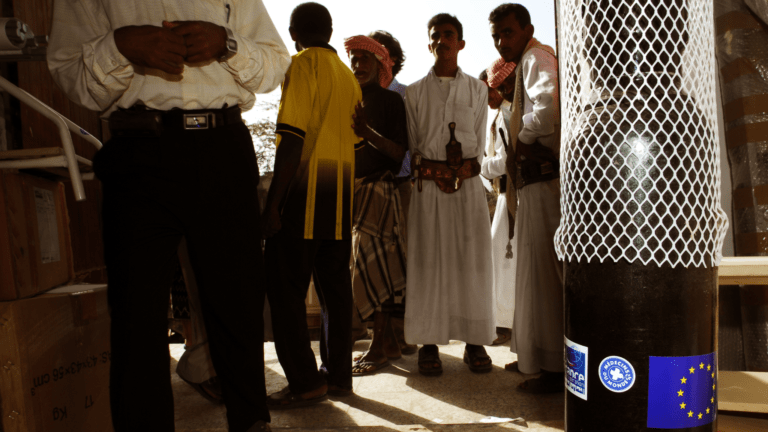
© Jean-Baptiste Lopez
Yemen has suffered several crises in recent decades, including civil wars, regional conflicts and high levels of political instability. The ongoing conflict in Yemen since 2014 is one of the main causes of the humanitarian crisis in the country.
-
377,000
deaths
directly or indirectly linked to the conflict
-
15
%
of the population displaced
-
50
%
of health infrastructures not functioning
One of the most serious humanitarian crises
This chain of crises and conflicts has destructured the healthcare system and impacted the entire population affected by war, famine and disease: 18.2 million people need humanitarian aid, 60% of them are children.
Numerous population displacements in Yemen to flee conflict and poverty are leading to an increase in housing, healthcare and food needs.
Voir cette publication sur Instagram
Médecins du Monde’s response, supported by DG Echo
In this context, Médecins du Monde has been working with the Yemeni population since 2007 to provide primary and mental health care, and to support the healthcare system.
These actions are carried out with the support of the European organization EU Civil Protection & Humanitarian Aid, particularly in the north of the country.
This support is essential in addressing humanitarian needs and enhancing resilience in vulnerable regions, by supporting and implementing essential services in critical areas: healthcare, nutrition, mental health, psychosocial support, and gender-based violence prevention and response.
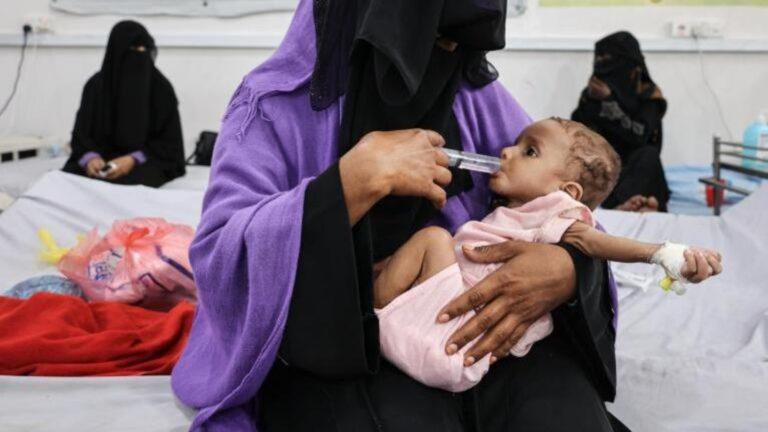
© MdM France
Our teams are therefore able to strengthen the capacities of two governorates in high-need areas (Sana’a and Amanat Al-Asimah), providing healthcare, including medical equipment and medical training to seven health facilities.
Primary healthcare with integration of nutrition services enables us to address malnutrition daily, particularly among vulnerable populations (children, pregnant women, internally displaced persons, Muhamasheen – an ethnic minority).
Given the psychological impact of crises, we also need to pay particular attention to mental health and psychosocial support.
Every year, our teams in Yemen carry out over 500,000 primary and mental health consultations, and 82,000 sexual and reproductive health consultations for women and children. Several training sessions are also organized for healthcare workers.
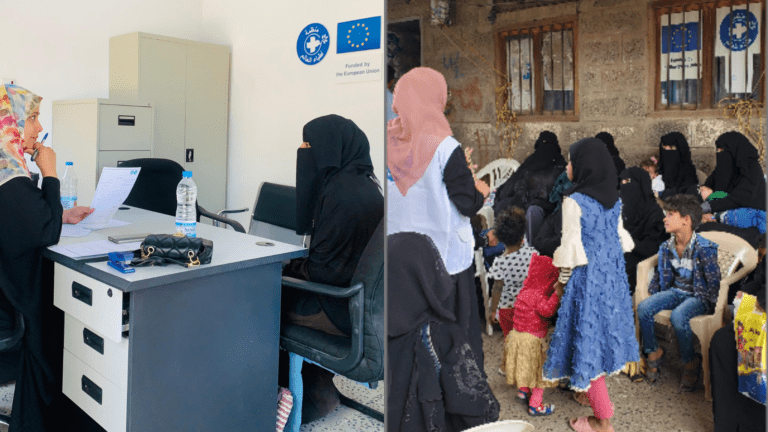
© MdM France
Training session with health workers












